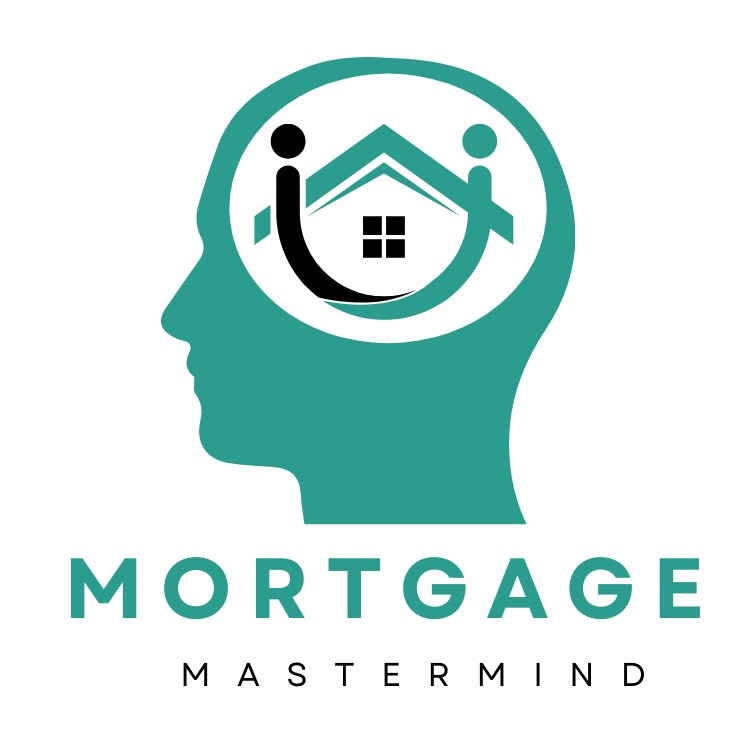Buying a home is one of the most significant financial decisions you’ll ever make. From understanding interest rates to finding the right loan terms, the process can be overwhelming. This is where a mortgage broker comes in. A good mortgage broker can simplify the process, save you money, and ensure you find a mortgage that fits your financial situation.
What is a Mortgage Broker?
A mortgage broker acts as an intermediary between you and potential lenders. Instead of applying directly to banks or financial institutions, you work with the broker, who helps you navigate the mortgage market. They analyze your financial profile, recommend loan options, and negotiate terms on your behalf. Unlike banks, which offer their own products, brokers have access to a variety of lenders, giving you a broader selection.

Why You Need a Mortgage Broker
Finding the right mortgage can be complicated. Interest rates, loan terms, fees, and eligibility requirements vary widely among lenders. A mortgage broker can:
- Save You Time: They handle the paperwork, research loan options, and communicate with lenders, reducing the stress of homebuying.
- Access More Loan Options: Brokers have relationships with multiple lenders, including smaller institutions that may offer better rates.
- Negotiate Better Terms: Experienced brokers can negotiate lower interest rates, reduced fees, or more favorable repayment terms.
- Provide Expert Advice: They understand market trends and can guide you toward the mortgage that best fits your financial goals.
How to Choose the Best Mortgage Broker
Choosing a mortgage broker is crucial. The right broker can make your home purchase smooth and cost effective, while the wrong one can lead to delays and unnecessary expenses. Here are some tips for selecting the best mortgage broker:
1. Check Credentials and Licensing
Not all brokers are created equal. Ensure your broker is licensed and registered with the appropriate regulatory body in your area. Licensing guarantees that the broker adheres to industry standards and ethical practices.
2. Look for Experience
Experience matters. A broker with a solid track record has likely encountered a wide range of scenarios and can provide valuable insights. Ask how long they have been in the business and request references from past clients.
3. Compare Fees
Mortgage brokers earn money either through lender commissions or fees paid by clients. Make sure you understand their fee structure upfront. Some brokers charge a flat fee, while others receive a commission from the lender. Transparency is key.
4. Evaluate Communication Skills
A good broker should be approachable and responsive. They should clearly explain complex financial terms and keep you updated throughout the mortgage process. If you feel confused or ignored, it might be a red flag.
5. Read Reviews and Testimonials
Online reviews and client testimonials provide insight into a broker’s reputation. Look for patterns in feedback regarding professionalism, responsiveness, and success in securing favorable mortgage terms.
Questions to Ask a Mortgage Broker
Before committing to a broker, ask these critical questions:
- How many lenders do you work with?
- Can you explain your fee structure?
- What types of mortgages do you specialize in?
- How do you determine the best mortgage for a client?
- How long does the mortgage process usually take?
A knowledgeable mortgage broker will answer these questions confidently and transparently.
The Benefits of Working With a Mortgage Broker
Access to Exclusive Deals
Some lenders only offer certain mortgage products through brokers. This means you could get access to better rates or specialized programs that aren’t available to the general public.
Personalized Advice
Every homebuyer’s financial situation is unique. A broker can assess your income, credit score, and long term goals to recommend a mortgage that suits your specific needs.
Stress Reduction
Buying a home is stressful, but a broker can manage the tedious details, like collecting documents, submitting applications, and liaising with lenders. This allows you to focus on finding your dream home.
How to Build a Relationship With Your Broker
A strong relationship with your mortgage broker can lead to a smoother mortgage experience. Here’s how to build trust:
- Be Transparent: Share your complete financial picture, including debts, income, and assets. This helps the broker find the best loan options.
- Ask Questions: Don’t hesitate to clarify anything you don’t understand. A good broker welcomes questions and provides clear answers.
- Stay Engaged: Respond promptly to requests for information or documentation. Your cooperation speeds up the process.
Mistakes to Avoid
Even with a broker, mistakes can happen. Avoid these common pitfalls:
- Choosing Based Solely on Cost: The lowest fee doesn’t always mean the best service. Consider experience and reputation as well.
- Hiding Financial Information: Inaccurate information can delay approval or result in unsuitable mortgage options.
- Ignoring Fine Print: Always read the terms and conditions of your mortgage carefully.
Final Thoughts
A mortgage lender can be an invaluable partner in your home buying journey. They provide access to multiple lenders, negotiate better terms, and simplify the mortgage process. By choosing a qualified, experienced, and transparent broker, you can make your dream home purchase more manageable and financially sound.

https://shorturl.fm/D3Vp2
https://shorturl.fm/YgYJM
https://shorturl.fm/UHtvP
https://shorturl.fm/GHEbi
https://shorturl.fm/Ie2PI